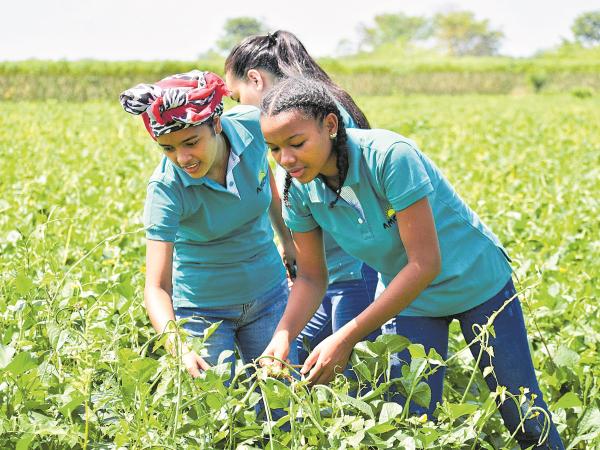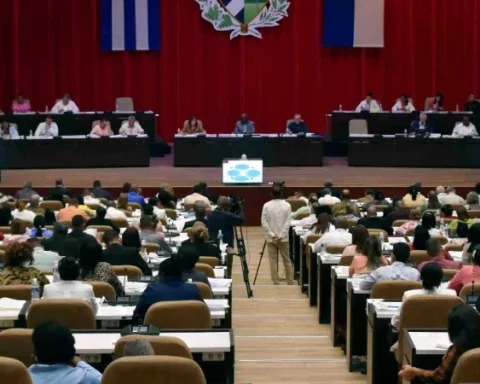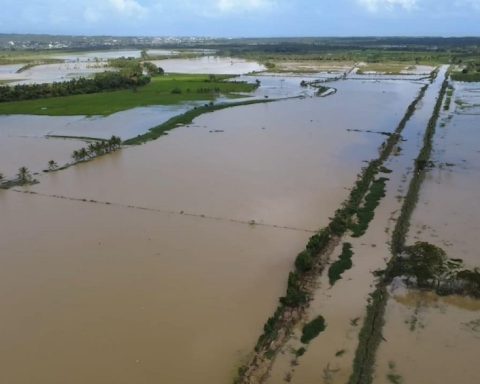The need to think about the future and climate change is creating a trend in different communities to be more sustainable day by dayboth in their consumption decisions and in terms of the labor market.
(Read: More cooperation and development: the Government’s commitment to Africa and Asia).
This was revealed by Boston Consulting Group (BCG), in the results of the survey ‘Sustainability in companies as a business opportunity: customers and employees demand it’, which includes the responses of 1,800 people in six Latin American countries: Colombia, Argentina, Peru, Chile, Ecuador and Panama.
In a general scope, according to the report, 71% of people in Latin America consider sustainability as a relevant issue in their daily lives, however, “there is no high level of urgency to solve it”.
Likewise, the consultant assured that between 50% and 70% of those surveyed are willing to pay more money for a more sustainable product or service, depending on the industry and the product.
Sustainability in Colombia
According to the report, 76% of Colombian respondents said that sustainability is a relevant issue in their daily lives. Also in countries like Argentina (65%), Peru (70%), Chile (71%), Ecuador (69%) and Panama (78%).
For BCG, sustainability in financial institutions, and “in particular the commitments” to eliminate carbon emissions and other greenhouse gases, influences the decisions of consumers to purchase new products.
52% of Colombians responded that they “strongly agree” or “agree” to open an account or request a loan with a bank other than the one to which they belong, if it has a commitment to reduce its carbon emissions. Likewise, 38% would be willing to receive a lower interest rate on the savings account and 16% would consider paying a higher interest rate, if the bank commits to eliminate its carbon emissions.
On the other hand, mass consumer goodsimpact the environment in different ways” according to BCG. For the consultant, in a specific case are products from livestock, “whose methane emissions represent a significant proportion of total greenhouse gas emissions”.
Thus, compared to the results of the survey, 37% of the Colombians consulted, assured that they would be willing to pay between 5 and 10% additional for beef, if the company that produces them offset carbon emissions and other greenhouse gases. In the case of whole milk, 40% would also consider it.
For beef 13% would pay an additional 20% or morewhile for whole milk only 9% would.
(Read: Petro’s idea for foreign debt involving the Amazon).
On the side of the Electronic products, such as laptops that are associated with a “high” carbon footprint due to the distance traveled for their transport, 40% of Colombians would be willing to pay 5% or 10% more for a computer whose transport was carried out in vehicles with fuels with lower emissions and greenhouse gases. 11% would pay 20% or more.
Likewise, 40% of citizens consider paying 5% or 10% more for a national air ticket whose company offsets 10% of its emissions. Faced with the payment of 20% or more, 9% assured that they would also do so.
In terms of energy, according to the BCG report, the results show “a high willingness to pay more for an electric vehicle equivalent to the same gasoline model.” 47% would add 5% or 10% more to the price, while 22% would pay 20% or more.
The sustainability in telecommunications servicesinfluence the decisions to change the brand, as the report revealed, where they assure that 56% of Colombians would be very willing to change their cell phone plan operator for the company that offsets or reduces carbon emissions and greenhouse gases.
Diana K. Rodriguez T.

















